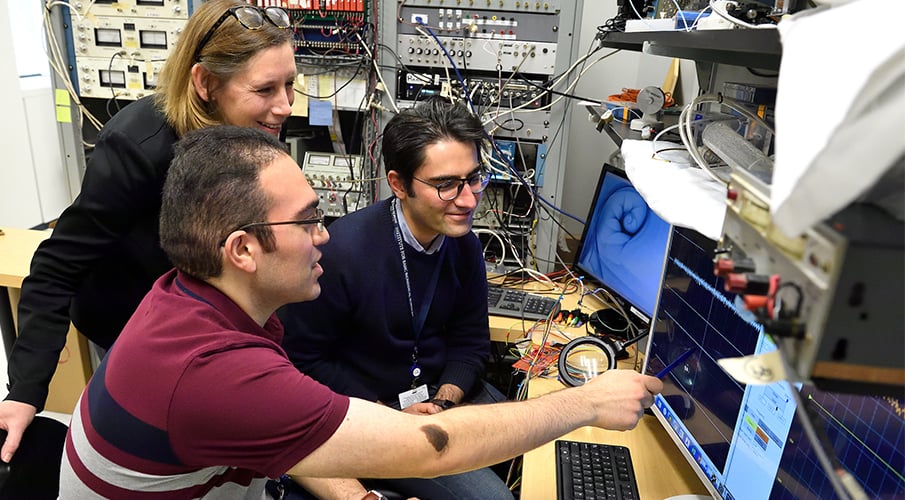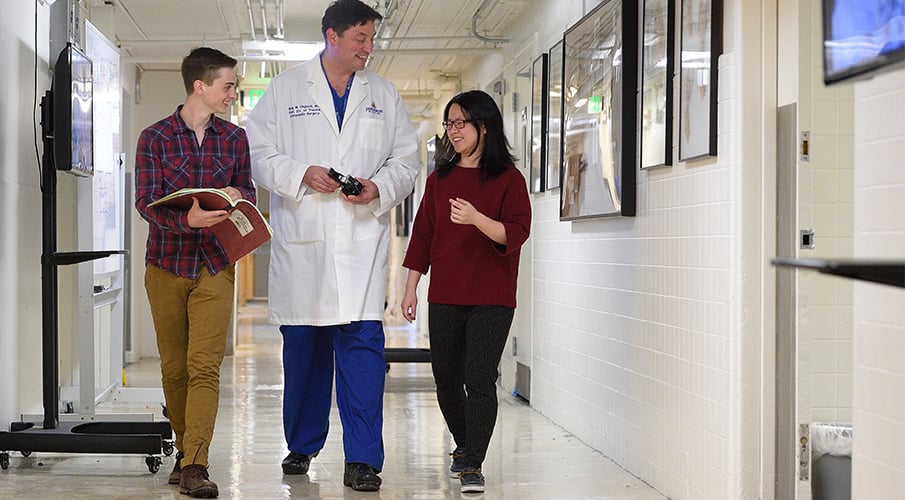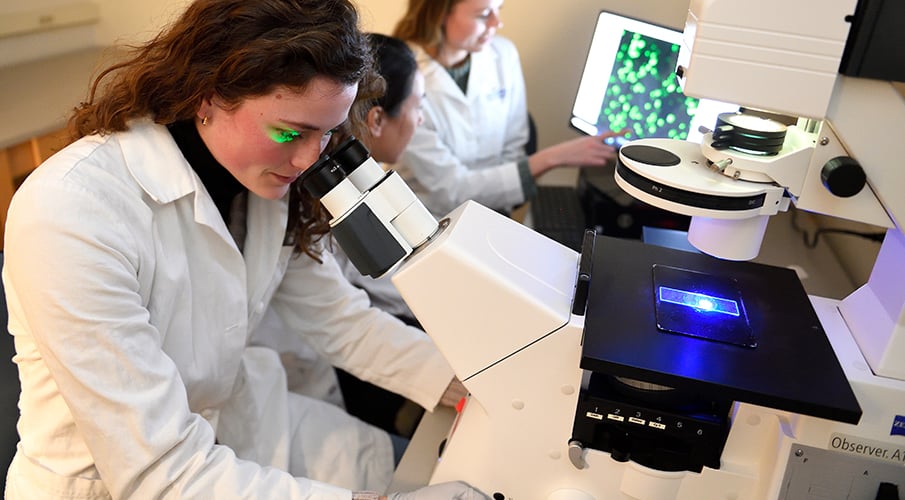Biomedical engineering has emerged as one of the most exciting interdisciplinary research fields in modern science. Biomedical engineers apply innovative approaches from the experimental life sciences in conjunction with theoretical and computational methods from the disciplines of engineering, mathematics, and computer science. At Johns Hopkins University, we train engineers to work at the cutting-edge of this stimulating discipline. We believe in the importance of in-depth training in life sciences, modern engineering, mathematics, and computer science.
What should you consider when looking at graduate schools?
When researching graduate schools, a prospective student should consider the research opportunities, the people, the professional and academic networking community, and the location. As you will be spending the next four to seven years of your life in grad school, you will want to assess each of these components. Using the achievements of BME faculty and program graduates as the measure for success, we feel we have created an ideal environment for an enriching and rewarding graduate school experience at Johns Hopkins.
An intellectually stimulating environment and the nurturing spirit of collegiality extend throughout the program. Year after year, we attract the best and brightest students world-wide to participate in this very competitive program.
PhD Program

MD PhD Program

